biometric mass surveillance
Filter by...
-

EDRi and Reclaim Your Face campaign recognised as Europe AI Policy leaders
EDRi and the Reclaim Your Face coalition were recognised as the Europe AI Policy Leader in Civil Society for our groundbreaking work as a coalition to advocate for a world free from biometric mass surveillance.
Read more
-

How to fight Biometric Mass Surveillance after the AI Act: A legal and practical guide
The EU's Artificial Intelligence Act has been adopted, laying out an in-principle ban on live mass facial recognition and other public biometric surveillance by police. Yet the wide exceptions to this ban may pave the way to legitimise the use of these systems. This living guide, for civil society organisations, communities and activists, charts a human rights-based approach for how to keep resisting biometric mass surveillance practices now and in the future
Read more
-
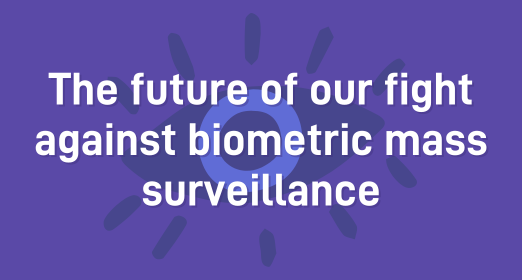
The future of our fight against biometric mass surveillance
The final AI Act is disappointingly full of holes when it comes to bans on different forms of biometric mass surveillance (BMS). Despite this, there are some silver linings in the form of opportunities to oppose BMS in public spaces and to push for better protection of people’s sensitive biometric data.
Read more
-
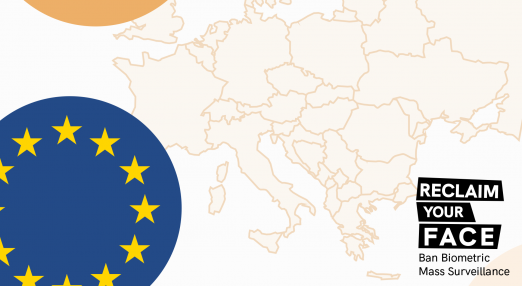
Will MEPs ban Biometric Mass Surveillance in key EU AI Act vote?
The EDRi network and partners have advocated for the EU to ban biometric mass surveillance for over three years through the Reclaim Your Face campaign. On May 11, their call may turn into reality as Members of the European Parliament’s internal markets (IMCO) and civil liberties (LIBE) Committees vote on the AI Act.
Read more
-
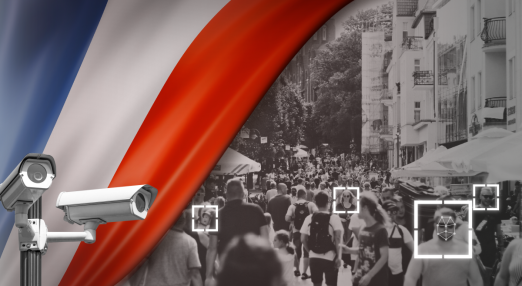
France becomes the first European country to legalise biometric surveillance
EDRi member and Reclaim Your Face partner La Quadrature du Net charts out the chilling move by France to undermine human rights progress by ushering in mass algorithmic surveillance, which in a shocking move, has been authorised by national Parliamentarians.
Read more
-

Open Letter: The AI video surveillance measures in the Olympics Games 2024 law violate human rights
In an open letter, EDRi, ECNL, La Quadrature du Net, Amnesty International France and 34 civil society organisations call on the French Parliament to reject Article 7 of the proposed law on the 2024 Olympics and Paralympic Games.
Read more
-
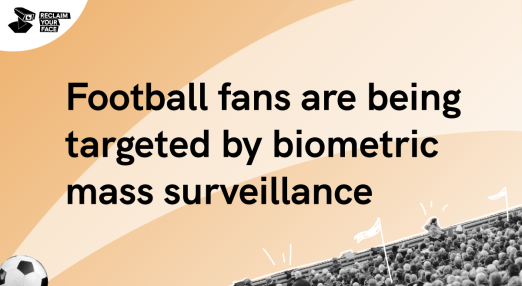
Football fans are being targeted by biometric mass surveillance
Apart from its undemocratic nature, there are many reasons why biometric mass surveillance is problematic for human rights and footabll fans’ rights.
Read more
-
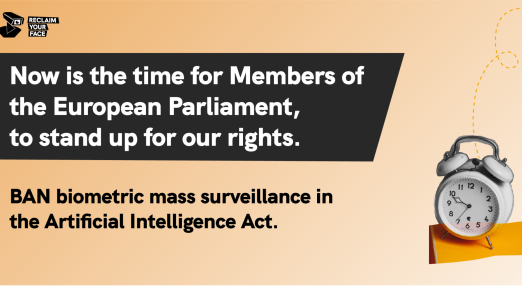
Will the European Parliament stand up for our rights by prohibiting biometric mass surveillance in the AI Act?
On 10 May, EDRi and 52 organisations wrote to the Members of the European Parliament to ask them to ban the remote use of these technologies in publicly accessible spaces to protect all the places where we exercise our rights and come together as communities from becoming sites of mass surveillance where we are all treated as suspects.
Read more
-

How can you influence the AI Act in order to ban biometric mass surveillance across Europe?
The EU is currently negotiating the Artificial Intelligence (AI) Act. This future law offers the chance to effectively ban biometric mass surveillance. This article aims to offer an overview of how the EU negotiates its laws and the key AI Act moments in which people can make their voices heard.
Read more
-
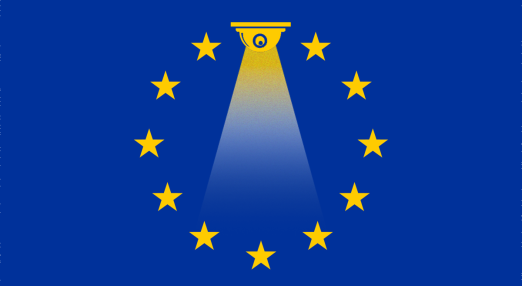
Building the biometric state: Police powers and discrimination
This report examines the development and deployment of biometric identification technologies by police and border forces in Europe, and warns that the increasing use of the technology is likely to exacerbate existing problems with racist policing and ethnic profiling.
Read more
-

2021: Looking back at digital rights in the year of resilience
We started 2021, hoping to leave the tremendously challenging year of 2020 behind. The Covid-19 pandemic has had a devastating impact on our societies, causing unprecedented harm to people and economies. If 2020 was the year of the pandemic shock, 2021 was the year of resilience. We had to learn to live in a constant uncertainty of what it would take to keep defending human rights: Could we work and walk down the streets without being constantly surveilled? Would efforts to tackle disinformation distort legitimate content, or would they bring down Big Tech instead? Will 2022 be 2021 2.0?
Read more
-
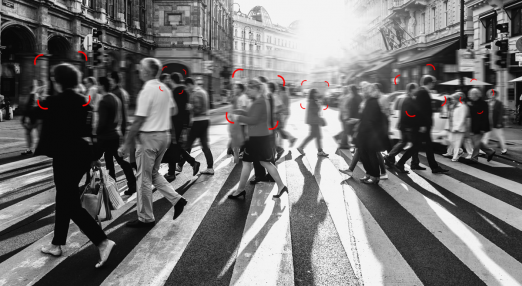
Italy introduces a moratorium on video surveillance systems that use facial recognition
On 1 December 2021, the Italian Parliament introduced a moratorium on video surveillance systems that use facial recognition technologies. This law introduces, for the first time in an EU Member State, a temporary ban for private entities to use these systems in public places or places accessible to the public. This moratorium is an important achievement: it recognises the dangers posed by technologies such as facial recognition to people's rights and freedoms. The moratorium will be in force until 31 December 2023 at the latest, unless a new law is introduced on the subject of biometric surveillance before that date.
Read more
